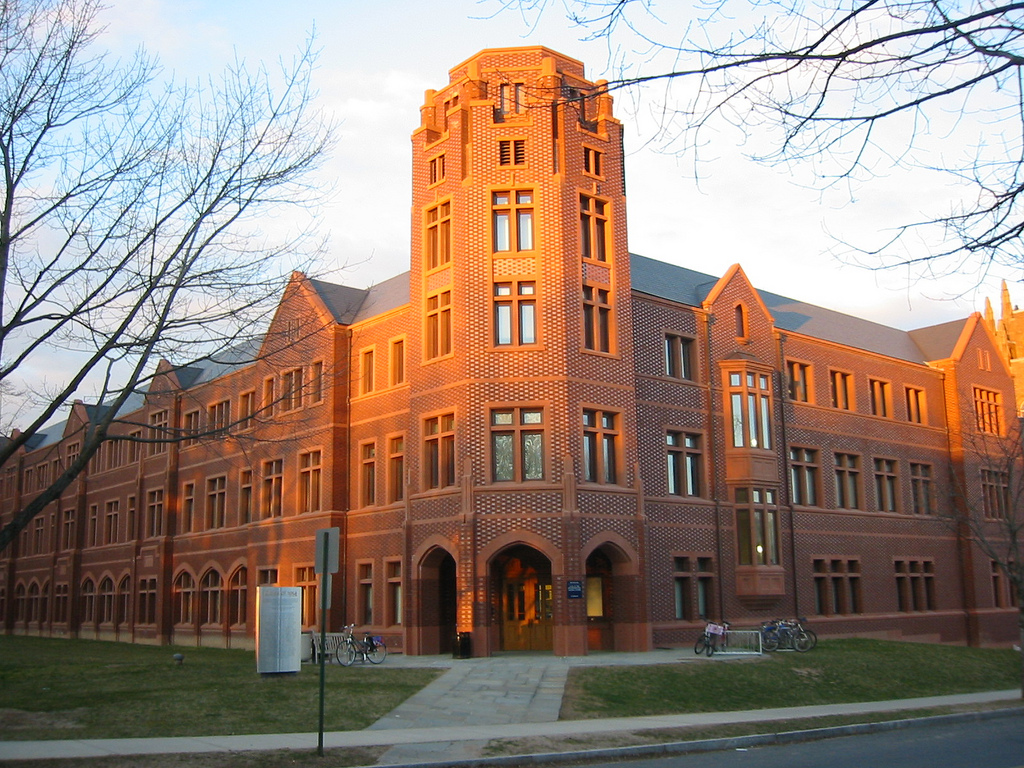
| Degree | Masters |
|---|---|
| Teaching Language | English |
| Course duration | Full Time - 4 semesters |
| Additional Information On Tuition Fees | Please check course website for more information |
| Semester | |||
|---|---|---|---|
| Non-European | App. Start | Deadline | Description For Semesters Dates |
| Winter | - | 15 Jul | This course of studies accepts a limited number of applicants, and application is only possible in the winter semester. |
| European | |||
| Winter | - | 15 Jul | This course of studies accepts a limited number of applicants, and application is only possible in the winter semester. |
| Application Deadline | This course of studies accepts a limited number of applicants, and application is only possible in the winter semester. |
|---|---|
| Website | Course Website |
| Scholarship | - |
| Course duration | Full Time - 4 semesters |
|---|---|
| Language | English |
| ECTS | 120 |
| Semester | |||
|---|---|---|---|
| Non-European | App. Start | Deadline | Description For Semesters Dates |
| Winter | - | 15 Jul | This course of studies accepts a limited number of applicants, and application is only possible in the winter semester. |
| European | |||
| Winter | - | 15 Jul | This course of studies accepts a limited number of applicants, and application is only possible in the winter semester. |
| Course Website | ||
|---|---|---|
| Description/content |
|
|
| Other | For module information, please click here. |
|
| Tuition fees | No |
|---|---|
| Tuition fees amount | |
| Additional information on fees | Please check course website for more information |
| Scholarships | - |
| Academic admission requirements |
A previous degree programme is suited to the subject if it has taught the following competences in the areas:
|
|---|---|
| Language requirements | German language skills are not required for admission.
|
| Document Required | Please check course website for more information |
| Application deadline | This course of studies accepts a limited number of applicants, and application is only possible in the winter semester. |
| Submit Application To | Please check course website for more information |
| Accommodation | No |
|---|---|
| Accommodation Details | |
| Supervisor-Student Ratio | - |
| About University |
|
|---|---|
| Profile | - |
| Logo | - |